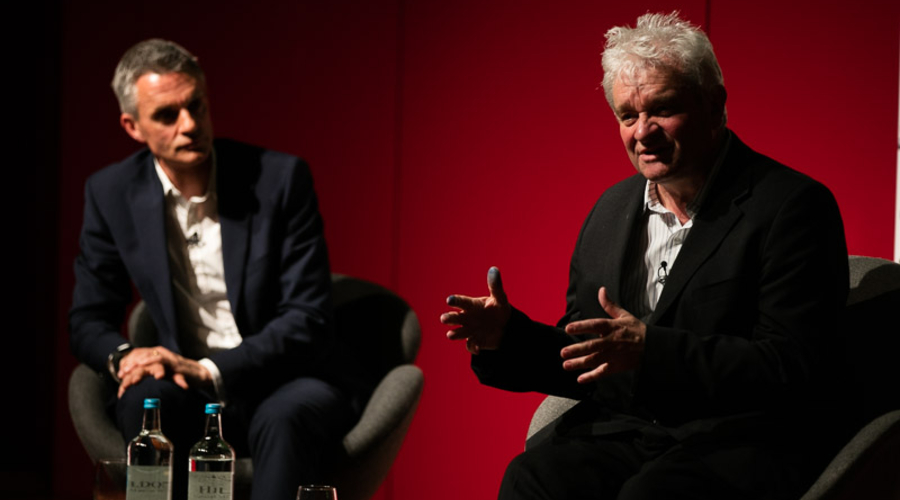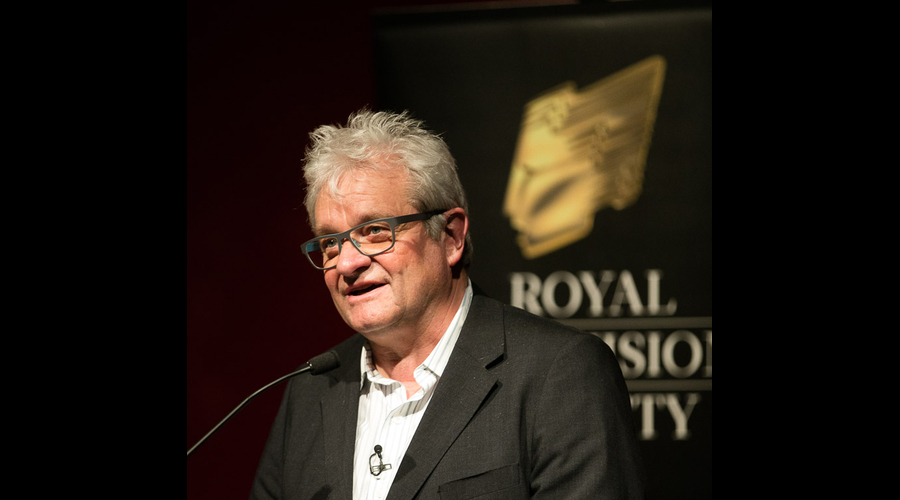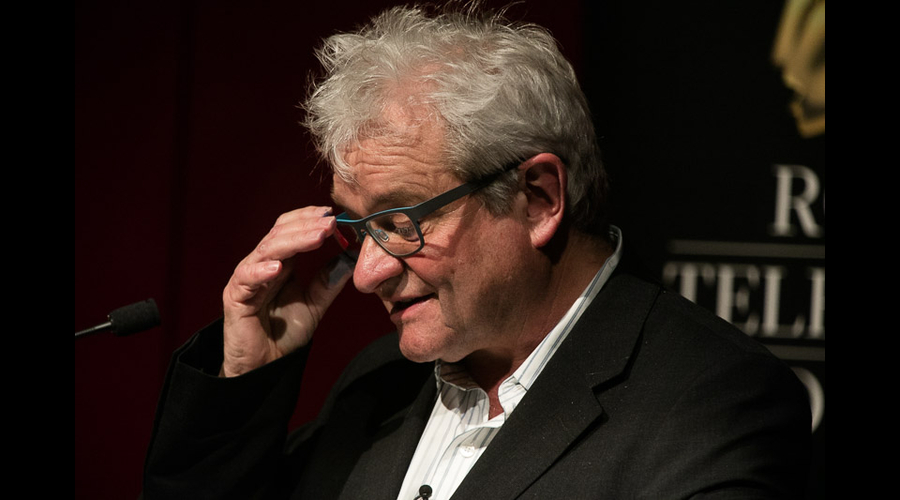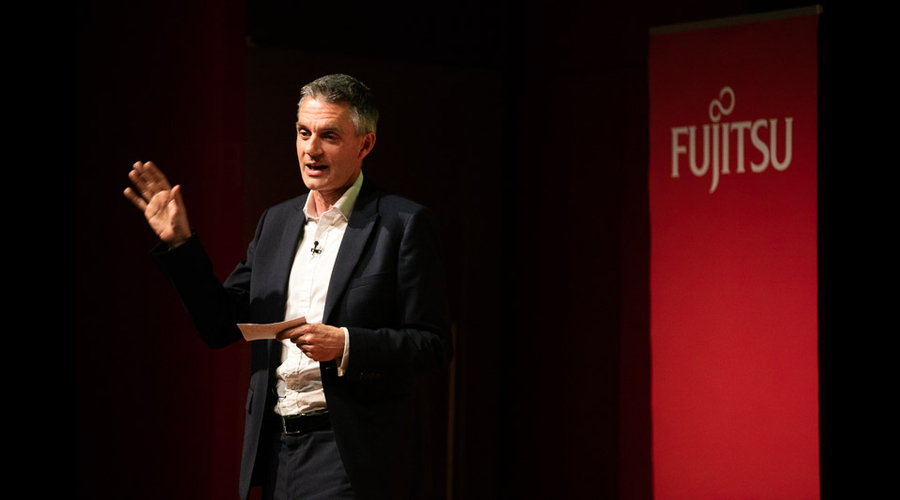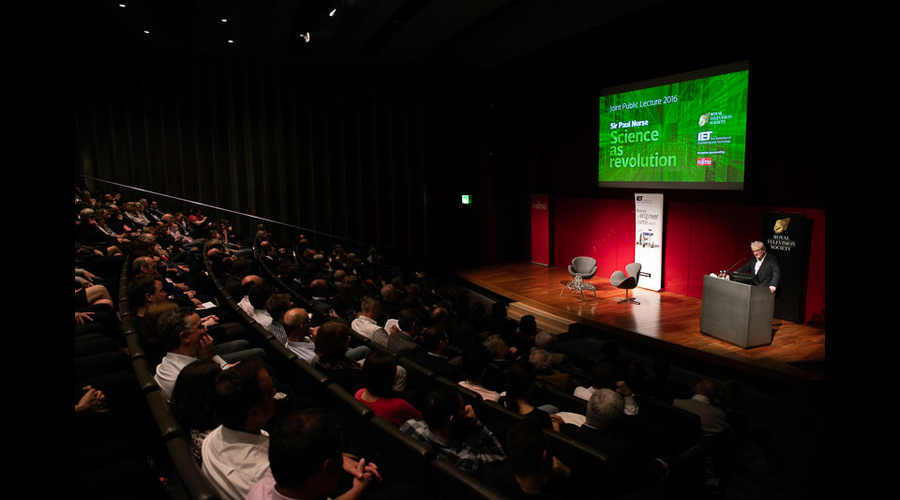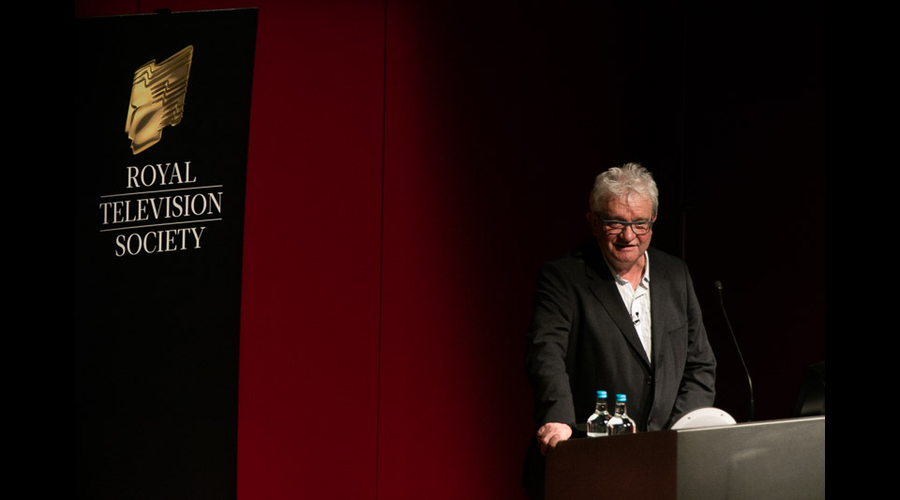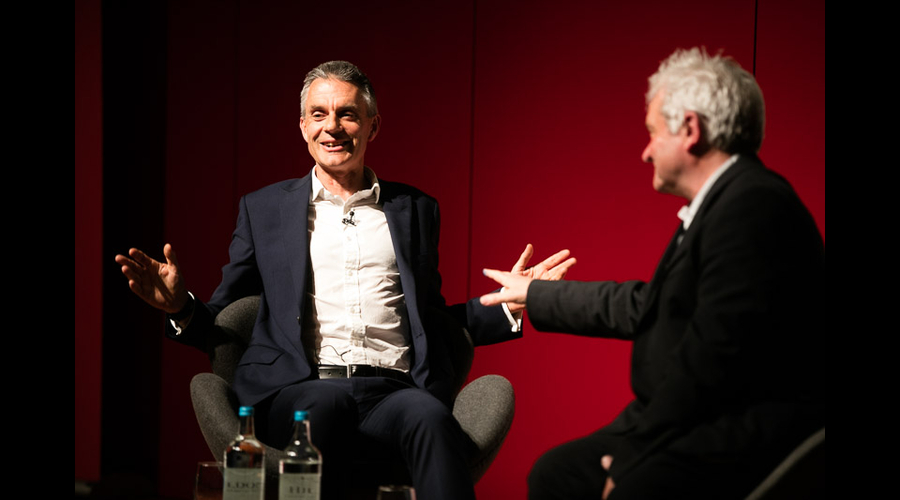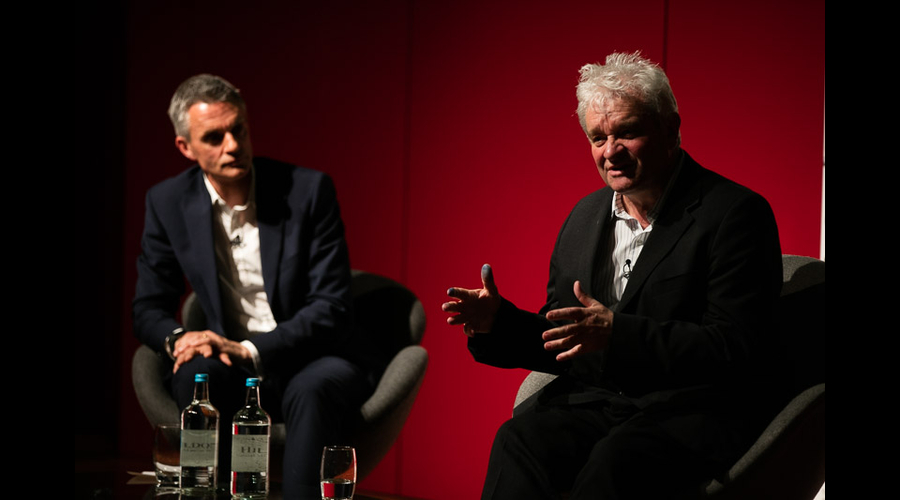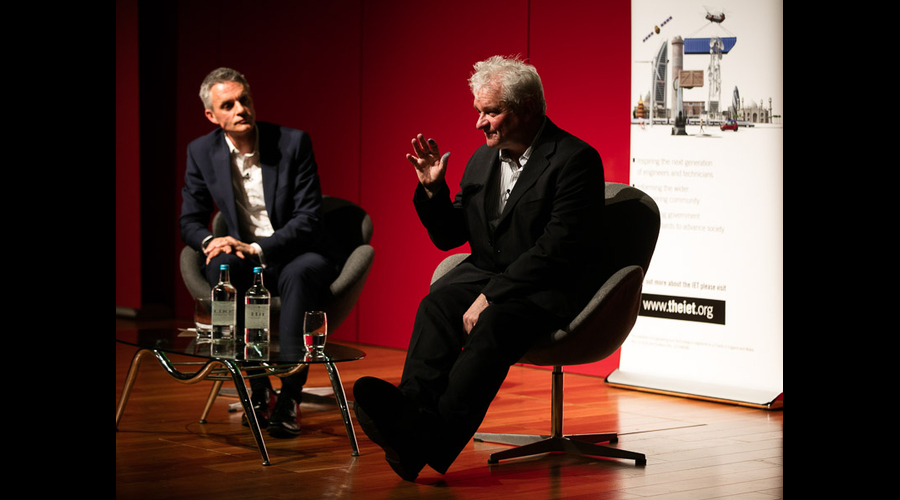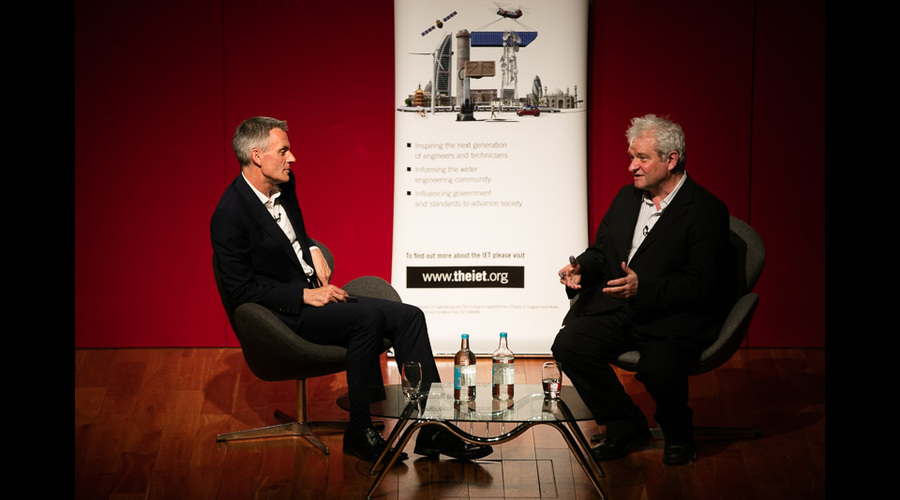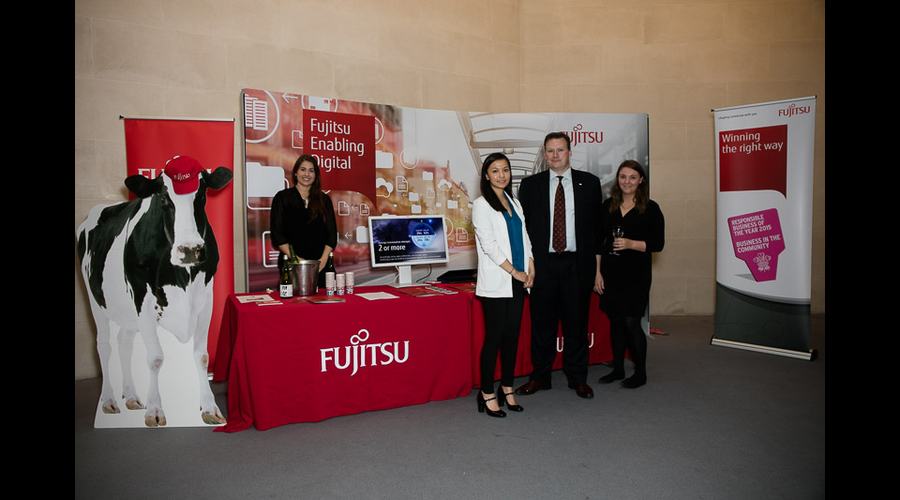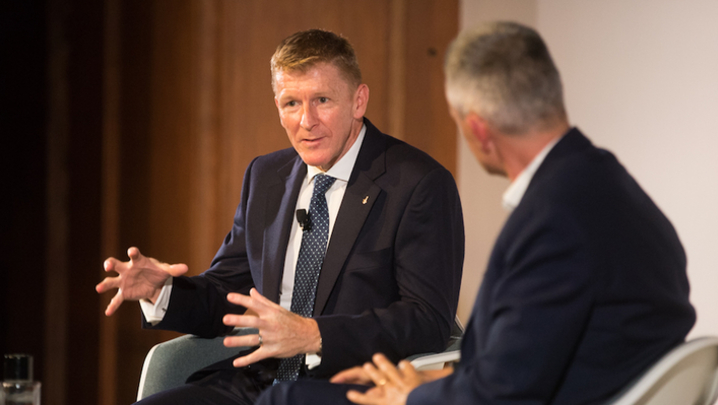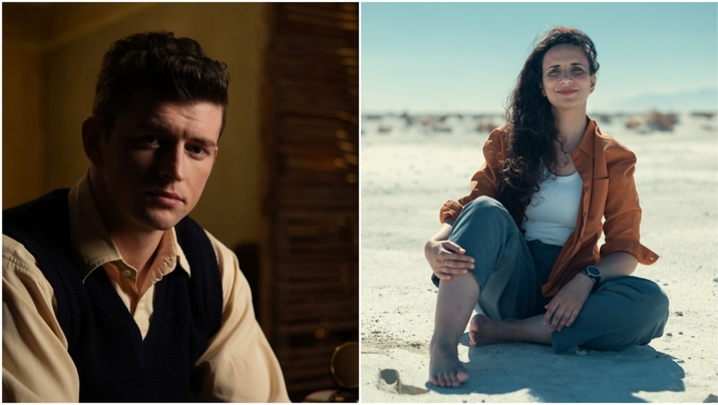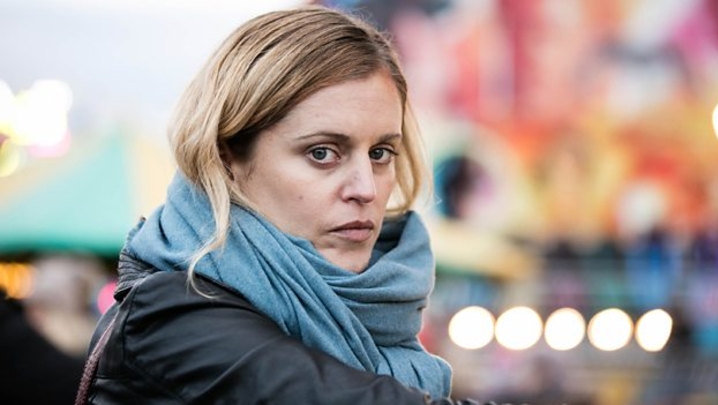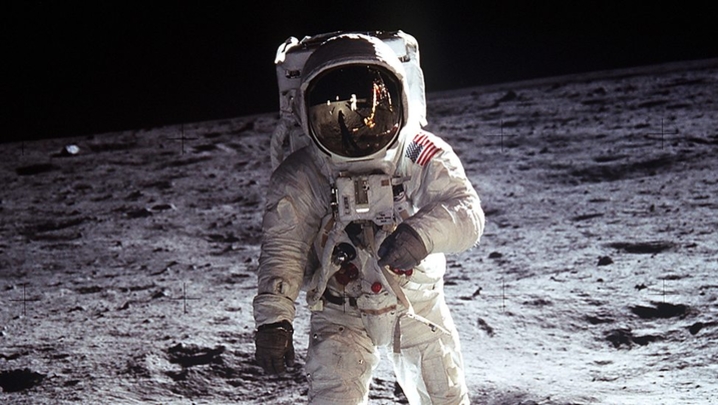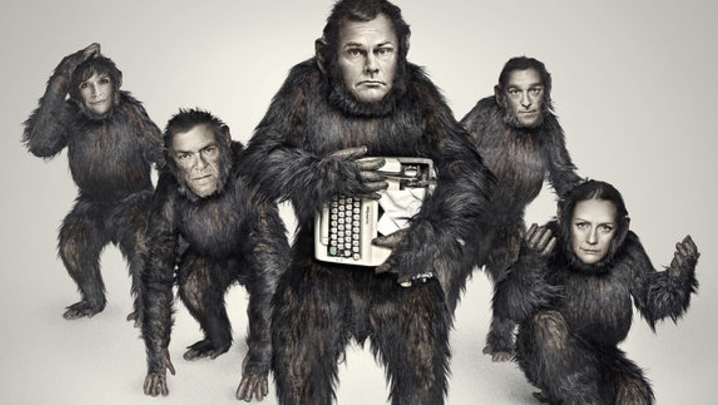Sir Paul Nurse offered advice to television on how to cover science and gave strong backing from the scientific community for staying in Europe, during a packed lecture at the British Museum.
The Nobel Prize-winning geneticist, who was delivering this year’s Royal Television Society/Institution of Engineering and Technology public lecture, argued that the mass media, including television, has to be “highly responsible” in its reporting.
“The [media] needs to avoid sensationalism, to be careful about so-called balance when certain opinions have little evidential support or are potentially highly flawed, to avoid mystification and properly explain what can be difficult topics,” he said.
“There are excellent communicators of science in the mass media and they should be given every encouragement.”
Great advances in sciences, Nurse argued, are “usually driven by creative and technically capable individuals”. He drew a parallel with television, which also requires “collaborative team work and creative, technically competent individuals. In both spheres of activity, good practitioners are often rather anarchic; trying to organise or manage them is like herding cats.”
Photos by Paul Hampartsoumian
In his lecture, “Science as Revolution”, Nurse argued that science is “the most long-lasting revolutionary activity known to humankind; if it is nurtured and if the public are properly engaged, science will continue to bring great benefits to us all.”
But he warned that science is under threat, particularly from “those who mix up science, based on evidence and rationality, with politics and ideology, where opinion, rhetoric and tradition hold more sway”.
In response to a question from the audience on the scientific misinformation spread by the media, Nurse said: “Scientists like me have to be on the front foot in correcting those errors.”
Initially this should be done “politely and courteously”, but he said firmer action was needed for serial offenders: “When they serially offend, we should crush them and bury their ideas.”
BBC Worldwide CEO Tim Davie, who chaired the joint RTS/IET event, asked Nurse to score UK politicians for their support of science. “In Britain we are among the best in the world. Certainly a B+, at least some of them,” he replied.
“Often scientists like me say we need more scientists in Government – I don’t think that’s true. We need to have politicians in Government who understand how science works and know how to get advice from science.”
“We have some champions of science in Government a the moment and we are heavily reliant on them. [George] Osborne and Gordon Brown before him were both champions of science.”
Nurse argued that the UK scientific community strongly backs staying in Europe, although the media’s quest for balance can make Brexiters seem more numerous. “There’s only two [from science] that I’ve seen in favour of EU departure and they’re [interviewed] all the time as if there are thousands of them,” he said.
“If we want good science in the country, we have to stay in the EU,” Nurse added.
Nurse was awarded the Nobel Prize in 2001 – jointly with Leland Hartwell and Tim Hunt – for work on the cell cycle. He is currently the Director and Chief Executive of the The Francis Crick Institute, which conducts research into the prevention, diagnosis and treatment of serious illnesses.
Click here to download the speech in full.
The RTS/IET public lecture with Sir Paul Nurse, “Science as Revolution”, was held at the British Museum in central London on 11 May. Helen Scott produced the event.

